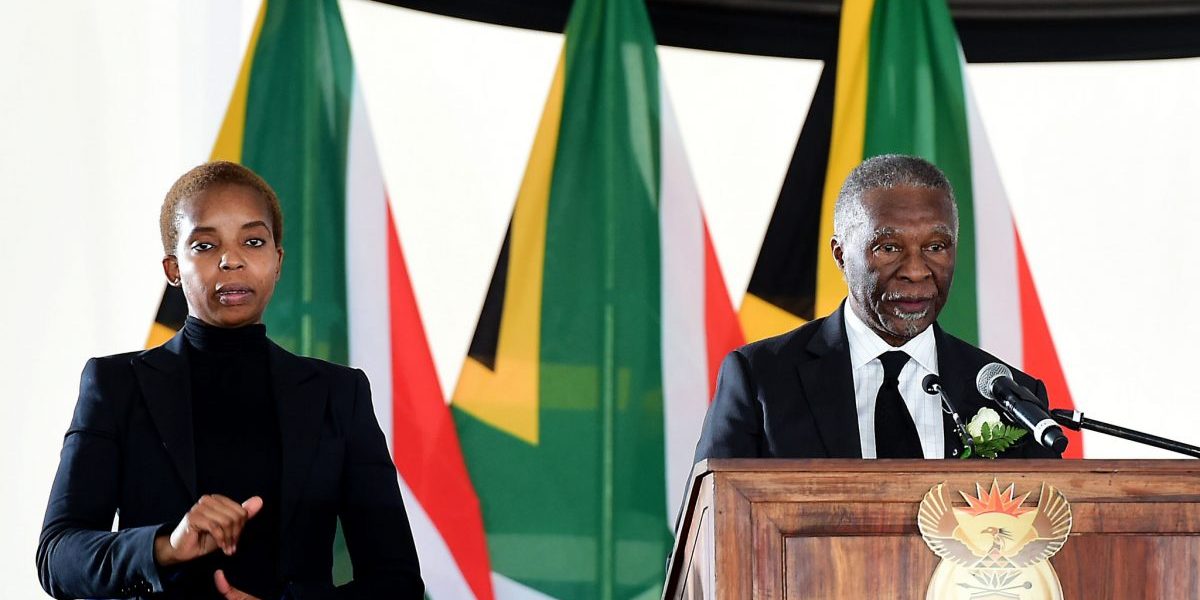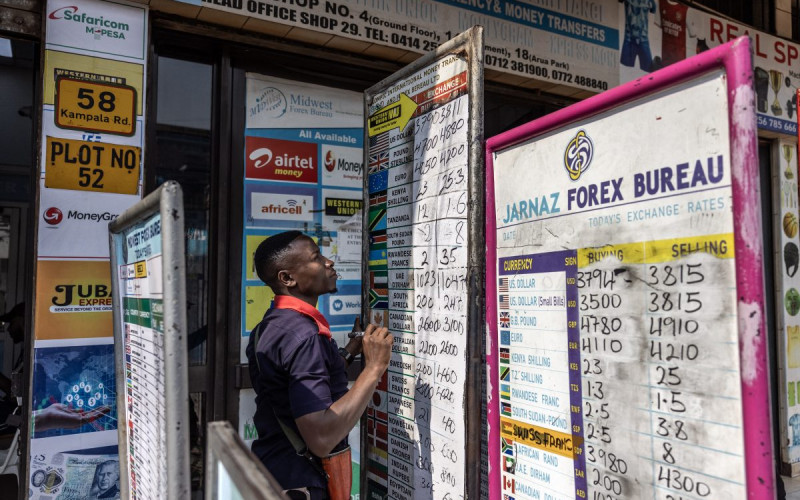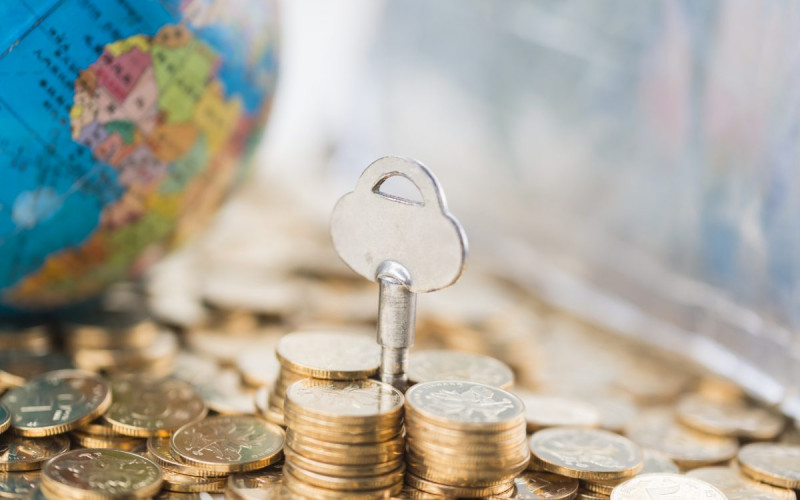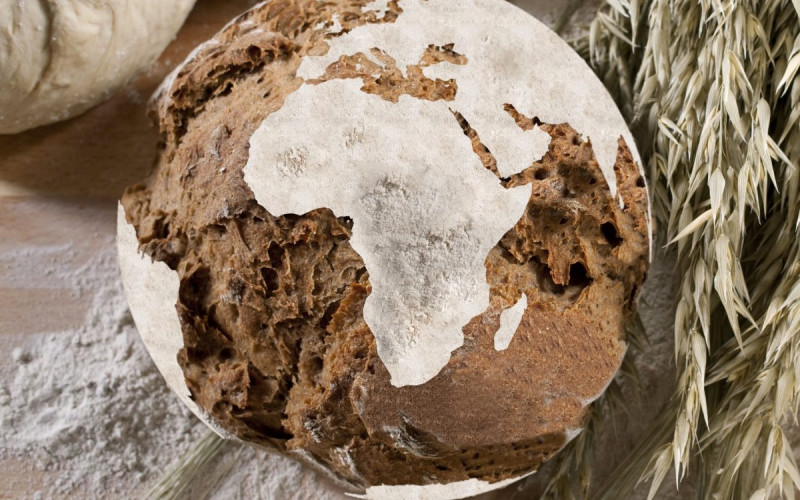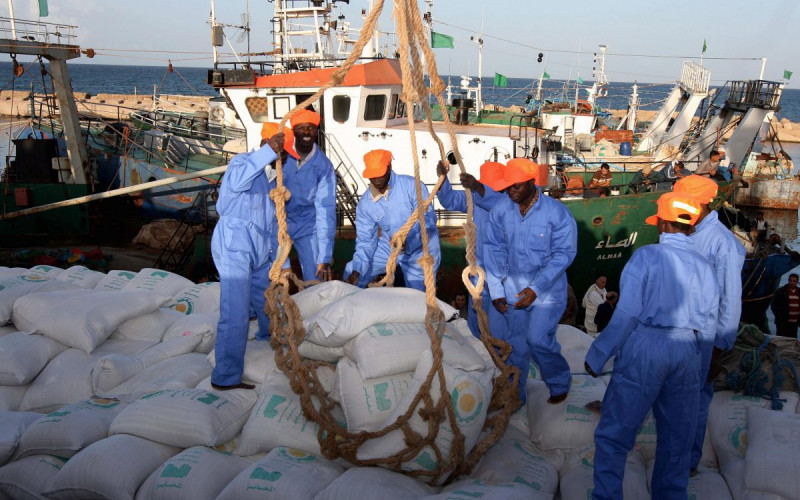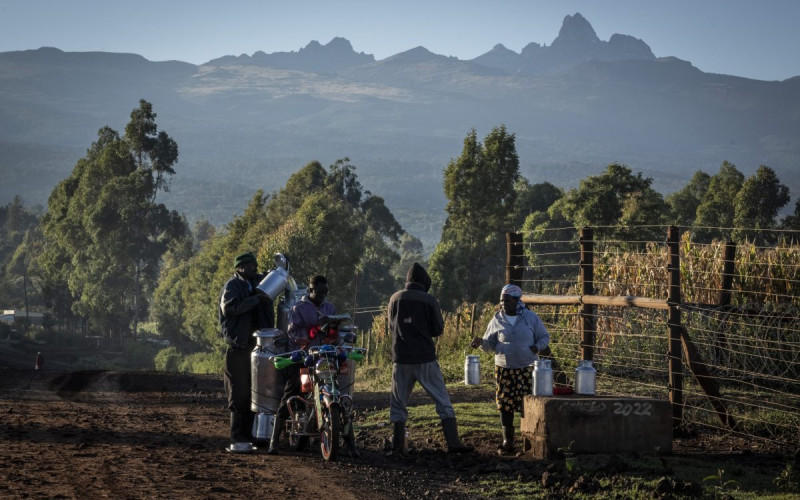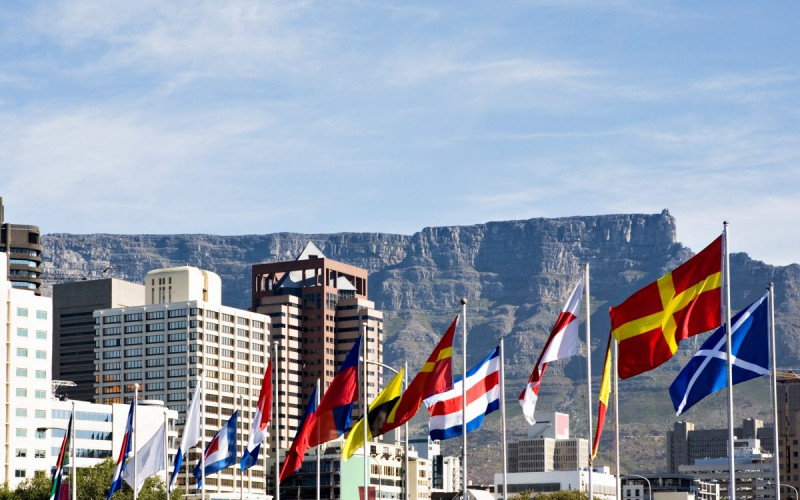Not only will his address to the General Assembly Session – on 24 September 2008 – be his last as President of South Africa, but the Session will no doubt be of great importance, given its focus on the African Agenda as well as the Millennium Development Goals (MDGs). The Mbeki administration has certainly been instrumental in placing the African Agenda as a central concern on the international arena. It has built up the credibility needed to do this through rigorous and proactive engagement within multilateral mechanisms. It is likely then that South Africa will highlight achievements of its African Agenda in the General Assembly and at both High-Level Meetings scheduled for the 63rd Session. The first, on 22 September 2008, will be a meeting dedicated to addressing Africa’s Development Needs. The second, on 25 September 2008, will be the mid-term review of the Millennium Development Goals, set to be achieved by 2015.
As President of South Africa, and given his domestic travails, Mbeki should relish the spotlight that is likely to be focused on him despite the obstacles that the somewhat idealistic principles of the African Agenda have encountered. There can be no doubt that Mbeki set out to raise the positive profile of Africa on the international stage, creating an image that strives to be transparent, democratic and accountable to its people. For South Africa, this will culminate in the 2010 FIFA Soccer World Cup, which Mbeki will highlight in a reception of Heads of State on 25 September 2008 through the launch of the African Legacy Programme. This Programme aims to spread confidence and prosperity across the African continent by projecting the FIFA World Cup as a milestone for Africa’s development in the 21st Century. As Mbeki wrote in a letter to FIFA President Sepp Blatter, the World Cup “will provide a powerful, irresistible momentum to [the] African Renaissance.”
It may seem that this kind of talk reflects more rhetoric than tangible results. And indeed in the wake of the recently contested elections in Kenya and Zimbabwe, we may wonder as to the real commitment of African leaders in achieving these goals. But what is important to realise is that the wheel of Africa’s development is moving, albeit slowly. The commitments that were envisioned at the adoption of the Nepad in 2001 are beginning to show results, and it is imperative that development-oriented meetings such as these take place, given the opportunity they create for dialogue and deliberation on how to move the African Agenda forward and to achieve its goals.
Mbeki, however, is likely to also highlight South Africa’s achievements that have made it a leader in the developing world. These will include increased South-South cooperation through initiatives such as the India-Brazil-South Africa (IBSA) Trilateral Partnership and the India-Africa Forum Summit. These partnerships establish South Africa as the ‘popular kid’ in the global classroom. This in turn gives it the influence needed to lobby the North, as it did at the latest G8 Summit in Hokkaido.
The increased South-South cooperation will furthermore feed in well with one of themes of the General Debate – the need to ‘democratise’ the United Nations (UN), a theme that understandably reflects unhappiness with the lesser role played by the global South in many of the decision-making processes of the UN. South Africa’s position in particular has been that the General Assembly should be given more powers.
Mbeki will also emphasise the power-sharing agreement signed between Robert Mugabe and Morgan Tsvangirai on 15 September 2008. Mbeki will be far happier going to New York with a Zimbabwean deal concluded, as it shows the world that the much derided policy of quiet diplomacy – of dialogue and behind-the-doors pressure – may actually have worked.
At the high-level mid-term review of the MDGs, South Africa is likely to present its achievements in meeting the eight goals. These are encapsulated in a report issued by the government in September 2007 that paints a rosy picture of South Africa’s accomplishments. South Africa would be prudent, however, to be honest about its achievements thus far. For instance, whilst 282,200 South Africans are on anti-retroviral (ARV) treatment in the public health care sector, there remains a significant proportion of the HIV+ population that have yet to gain access to ARVs. Nevertheless, South Africa can be satisfied that its efforts to meet the goals generally indicate that it is making progress in the area of development.
South Africa can be proud of these achievements. Although there may sometimes be considerable negativity in South Africa, the Mbeki administration’s efforts to advance the interests of South Africa and Africa need to be recognised. There is no space for complacency, but credit will no doubt be forthcoming when the President emphasises the progress made in his address to the General Assembly this week.

